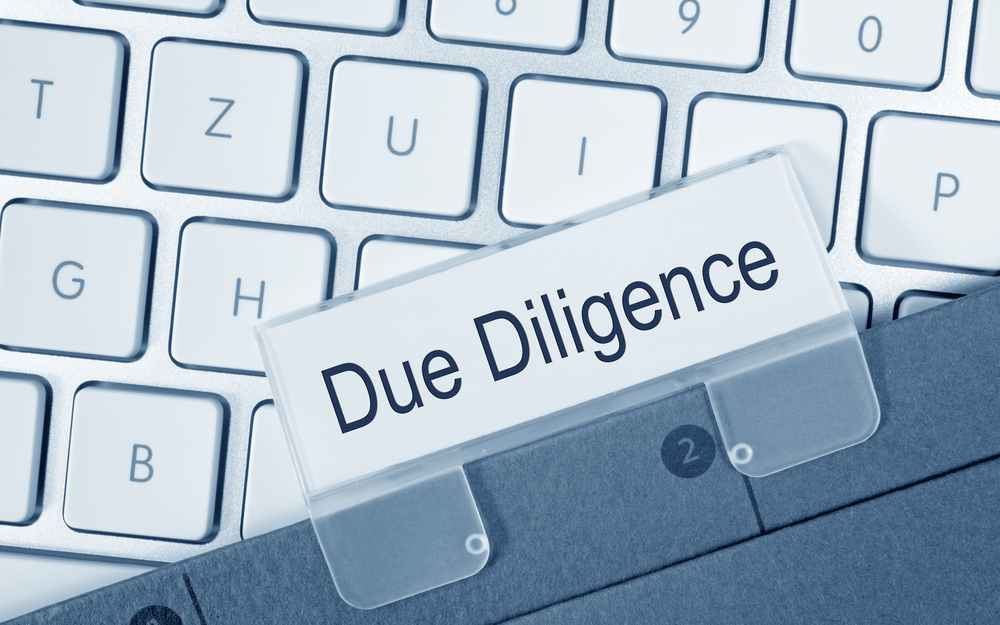Controlling Your Investment Risk
By Than Merrill
The most successful real estate investors understand the concept of risk-versus-reward. Every deal carries some degree of risk, but if you minimize it on every property, you will be far less susceptible to large dips in your business. Most risks deal with the state of the market and the property itself, but there are some risks that you can avoid by simply minding due diligence and taking some basic steps. All it takes to derail your business is one bad tenant, one bad property or one weather related disaster on an under-insured property. If you understand the risks with each step of the process, you will better equipped to prepare for them.
Acquisition Risks
Buying the wrong property will be the biggest risk you deal with as an investor. The wrong property has several meanings: buying in undesirable neighborhoods, buying at the wrong price or buying without knowing everything about the property. These are often the result of trying to get involved in too many deals or trying to force the issue. Not every deal is going to be a home run. In fact, if you get one of these deals a year, you should consider yourself lucky. That is why it is so important to do your homework on every property you make an offer on. You need to know everything about what you are buying. You need to know which way the neighborhood is headed, what the comparable sales and listings are and everything about the structure and the property itself. You can never fully insure you are buying a house without risk, but if you know what you are getting into, you can be proactive in dealing with it.
Budgeting & Projecting Risks
Once you acquire a property, you have a whole new set of risks to deal with. Regardless if you are looking to flip or hold the property, you will have to deal with budgeting and financing risks. If you miscalculated the rehab costs or missed an item that needs to be replaced, you are already at a disadvantage. These costs should have been calculated in a reserve fund before you bought. What happens if your projected rental amount is off, causing your monthly cash flow projections to fall accordingly. To mitigate these risks, you need ample reserves to protect yourself against changes in the market. If you aren’t prepared for the worst case scenario, any small negative shifts can have a huge impact on your business.
Insurance Risks
Fortunately, with most risks, there are things you can do to offset them. The primary trump card you have as a property owner is insurance. There are many investors who think of the process of getting insurance as something to do only out of necessity. The best case scenario is that you never look at your policy more than a few times a year, but the worst case is that you rely on it after something happens. At that point, it may be too late. You need to stay on top of your coverage and make sure you have the right replacement costs and insurance for your property where it is located. Weather plays a huge role for most owners across the country. In the last few years alone, the Northeast has seen a hurricane and a 40 inch snow storm. To protect your property, you need to stay updated with your coverage and everything inside of your policy.
Maintenance risks
If you treat your property like the major investment it is, you should do everything possible to maximize its potential. This means staying on top of everything from the roof to the appliances. If you let small items slip by, they will turn into much bigger ones that can drain you of your reserves. Leaky roofs, shoddy foundation and molding in the basement can quickly turn into major problems that leave your property without the ability to be rented or sold for top dollar. In addition to fixing any items as soon as they arise, you can seek a home warranty to protect you from such expenses. If you are looking to maximize your value and get the most out of your investment, you need to treat it as such.
There are many other forms of property risk, including: vandalism, theft, depreciation and market shifts. Fortunately, there is usually a way to combat and counteract it before it becomes a problem. Nothing you can do will ever give you 100% piece of mind, but between insurance and preventative maintenance, you can stay ahead of the curve. If you opt to wait until problems come about, you had better have an ample reserve account. Even if you do, the problem with waiting it that when issues strike they are usually unannounced and happen before you know what hit you. At that point, most of your reserves can be wiped away in the blink of an eye.
Risk is abundant with the real estate investing business, but if you focus on good properties and always think about protecting yourself and the property, there are many ways to offset this.